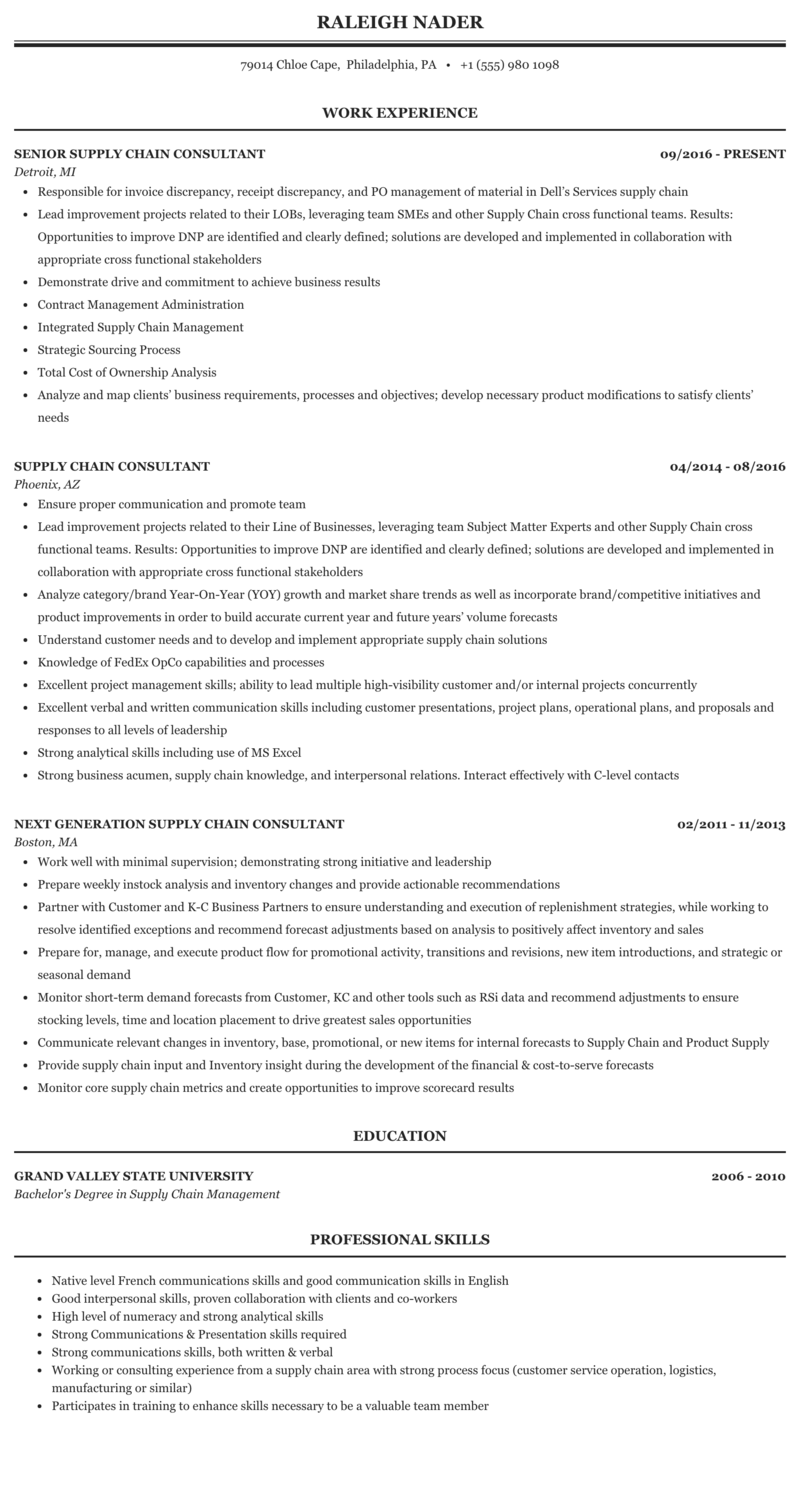
This article will discuss some of the most current trends in web design. These include mobile-first, micro frontends, serverless architecture, and content personalization using machine learning. Each trend is covered in detail. This article will help guide you to make informed decisions regarding the best technology for your next project.
Mobile-first development
Mobile traffic is growing rapidly, so web designers must pay close attention to the mobile user's journey. Designers should design websites first for mobile users, then scale down to desktop and laptop screens. This principle is known as "mobile-first". This ensures a seamless experience across all devices and platforms.
Mobile-first websites must feature large headlines, high-quality photos, and a call to action button that grabs the attention of users. Mobile-first websites should feel and look as good on a mobile device as they do on a computer. Additionally, smartphones will be able to provide voice recognition and haptic input, which will improve the user experience. These features are crucial to a mobile-first website experience. They will set your site apart from the rest.
Micro Frontends
Micro frontends allow web applications to be developed for micro-scale. These applications consist of several independent components that are often built on different technology stacks. This approach allows you to reuse your code more often. Instead of designing large frontend monoliths that are difficult to reuse, developers instead design smaller components that can be reused repeatedly. This makes adding new features more simple and efficient.

Micro frontends typically consist of multiple components that share context and data. They can share UI themes, locales, and other components. A web application shell will play the role of loading and mounting these components. It will programmatically search JavaScript modules to add required functionality.
Serverless architecture
Serverless architecture is a rapidly emerging trend in Web development, and the market is predicted to grow at a CAGR of more than 20% by 2027. This model eliminates the need for servers and reduces the development effort and cost of server management. These advantages include greater speed and flexibility and no need for policies or scaling issues.
It can be used in mobile, artificial intelligence and the internet of things. It also works well for low-light websites and is becoming a must-have for mobile applications.
Machine learning can personalize content
Any web service should include content personalization. Website owners can use machine-learning algorithms to analyse their visitors and adjust their content to suit their needs. This type of personalization can be undetectable to visitors, but it can boost engagement and conversion. This technology can help you gain an advantage over your competitors. Machine learning does come with its own set of risks. The web applications collecting more data make them targets for hackers and criminals. Protecting your website from these threats is essential.
Content personalization's main purpose is to enhance the customer journey by providing relevant content to each person. Machine learning algorithms detect the contexts that create a need for specific content and can deliver it to the right person at the correct time. These algorithms allow websites to tailor content to the preferences of users, improving their user experience.

Push Notifications
Push notifications are a popular web development trend. They encourage users to act. Instant notifications enable users to keep up with new content and offers without ever having to login or provide credentials. Push notifications can be customized to meet the individual needs of the user and drive more traffic to sites. They can be used to notify users about important updates and other news that they may not have otherwise.
Push notifications are a great way for brands to keep in touch with their customers and build brand loyalty. Push notifications can be subscribed via mobile devices. This trend encourages experimentation and interactivity.
FAQ
How do I choose a consultant?
There are three main factors to consider:
-
Experience - How many years of experience is this consultant? Is she an expert, beginner, intermediate or advanced consultant? Does her resume show that she has the necessary skills and knowledge?
-
Education - What did this person study in school? Did he/she continue to take relevant courses after graduation? Is there evidence that he/she learned from the writing style?
-
Personality - How do we feel about this person? Would we want him/her to work for us?
-
These questions are used to determine if the candidate is right for us. If the answers to these questions are unclear, it might be worth a first interview to get more information about the candidate.
What qualifications are required to become a consultant?
It's not enough just to have an MBA degree; you must also demonstrate experience working as a business consultant. A minimum of two years' experience in consulting, training and/or advising a major company is necessary.
You should have had experience working with senior management to create strategy. This will require you to be comfortable sharing your ideas with clients and getting their buy-in.
You'll also need to pass a professional qualification exam such as the Chartered Management Institute's Certified Management Consultant (CMC) certification.
What is the difference?
A consultant provides advice on a topic. A consultant is able to provide solutions.
To help clients achieve their goals, a consultant works directly with them. Advisors advise clients indirectly via books, magazines, lectures and seminars, etc.
Which industries employ consultants
There are many different types of consultants. Many consultants specialize in a particular type of business. Others may be more focused on multiple types.
Some consultants work exclusively for private businesses, while others represent large corporations.
Some consultants are available to help businesses around the world.
Do I require legal advice?
Yes! Yes! Many consultants create contracts without consulting clients. This can lead into problems down-the-road. If the client terminates an agreement with the consultant before the completion date, what are the consequences? What happens if the consultant doesn’t meet the deadlines specified in the contract.
To avoid any potential problems, it is best to consult a lawyer.
How do I become successful as a consultant?
Find an area that you are passionate about. First, build relationships. You need to know what clients want and how they operate. And finally, you must deliver results for them.
While you don’t have to be the greatest at everything, you have to be better than everyone else. You also need to have a passion for what you do. It is not enough to simply say, "I want to become a consultant." It's important to believe in your abilities and do what you love.
Statistics
- WHY choose me: Why your ideal client should choose you (ex: 10 years of experience and 6-week program has helped over 20 clients boost their sales by an average of 33% in 6 months). (consultingsuccess.com)
- According to IBISWorld, revenues in the consulting industry will exceed $261 billion in 2020. (nerdwallet.com)
- According to statistics from the ONS, the UK has around 300,000 consultants, of which around 63,000 professionals work as management consultants. (consultancy.uk)
- 67% of consultants start their consulting businesses after quitting their jobs, while 33% start while they're still at their jobs. (consultingsuccess.com)
- So, if you help your clients increase their sales by 33%, then use a word like “revolution” instead of “increase.” (consultingsuccess.com)
External Links
How To
How do I find a good consultant?
The first step in finding a good consultant is understanding what you want from your consultant. Do you want them to help you improve your website's performance? You want them to optimize the site for search engines to make it rank higher. Perhaps you simply need someone to tell you if your current host provider is having issues. Once you know what type of services you need, you should start looking at different companies. Although there are many consultants who claim to offer these services, very few of them can actually provide the required results. How can you pick the right one? Here are some tips to help you choose a consultant.
-
Ask for referrals. This is probably one of the best ways to find a consultant. Because you are likely to pay too much, you shouldn't hire someone who you have never heard of. However, you shouldn't work with someone with poor reputations. If you're lucky enough to get referrals from people you trust, then great! Even if you don’t have any referrals, you can still look online for reviews. Look for testimonials and case studies where clients have used your service.
-
Ask around. Many people aren't aware that they could benefit from hiring a consultant. They think that since they're currently doing fine, they don't need to make changes. This is often false. Even if your results are great, there's a good chance that you haven’t kept up with the latest trends and technologies. Your business could be missing out if it relies on outdated methods. It's always worth asking for referrals to find good consultants.
-
Check their qualifications. When you're looking for a consultant, it doesn't matter whether you're building a small blog or launching a multi-million dollar eCommerce store; you want to be sure that whoever you hire has the skills needed to handle your project. You need to ensure that the person you hire is qualified to do the job and has sufficient knowledge in the subject.
-
Find out what kind of projects they specialize in. It is a common misconception that everyone can manage everything. Certain areas may require special training or education. A developer who is a specialist in Drupal would not be able to help you build a WordPress theme. The same applies to programming languages, graphic design and other areas. It is important to inquire about the types of projects that they work on.
-
Be aware of their fees. We said that you don't need to pay too much for consulting services. You also don’t want to spend too little. Consultants come in all shapes and sizes. There are some that charge an hourly fee, while others may bill per job. It's cheaper to know upfront what you are paying than later.
-
Learn what they offer. Do they offer free consultations? Do they offer advice on setting up your system? Is it possible to be sure that your site ranks higher when you work with them If you don’t like the information you receive during your consultation, you can cancel it without penalty.
-
Also, ask if discounts are available for multiple months and years. Many consultants offer discounts for longer periods. You may not need to commit to a full year, but you may also take advantage of whatever deals they offer.